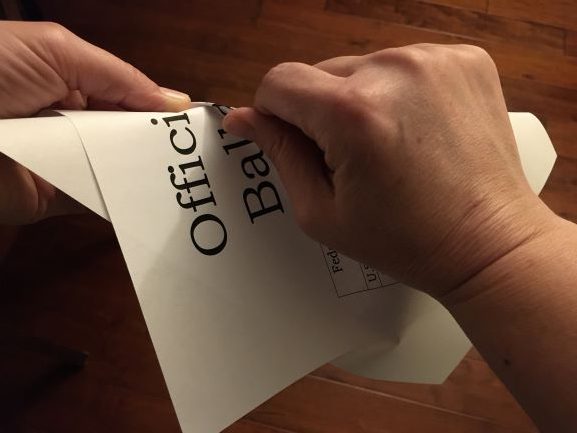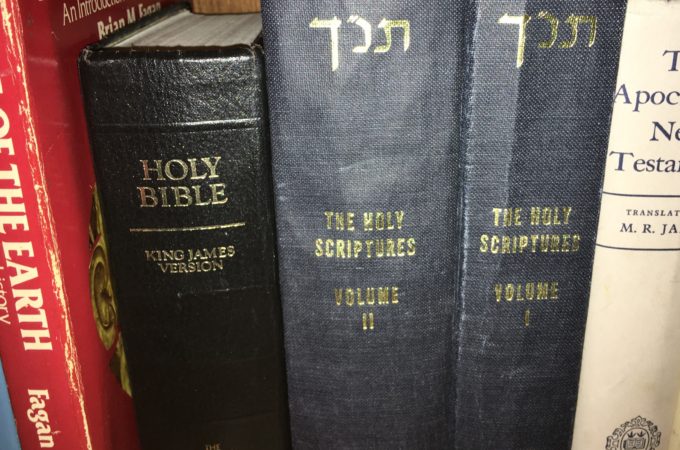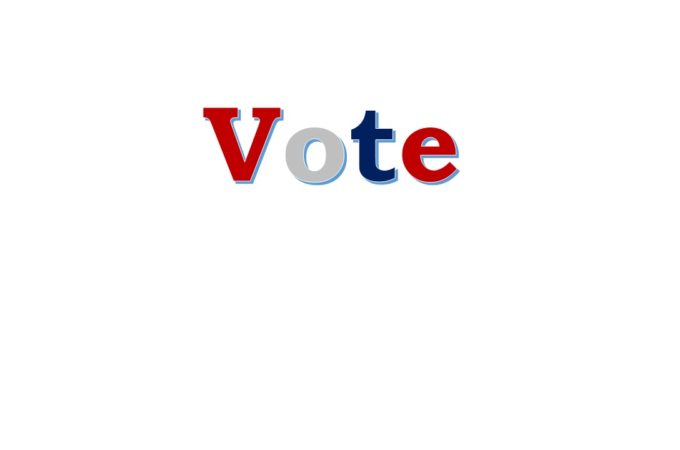
Democracy, Freedom and Human Rights: The Troubled Journey of the United States
Many assume that the ideals of democracy, freedom, and human rights are the cornerstones upon which the United States was established and that its foundational documents (e.g., Declaration of Independence, Constitution, etc.) articulate and espouse these principles. Any serious, objective study of the revolutionary era, the development of the United States, and the founding documents reveal that the truth is much more complex and nuanced than is often understood in this regard. The merits of democracy were questioned, and the standards of freedom and human rights were tragically denied and recognized as fiction during the revolutionary era and have yet to be fully realized today.
An examination of the writings of the founding fathers of the United States reveal that they struggled with the concept of a pure democracy. So concerned were they about individual rights, the founding fathers feared majority rule in a democracy would threaten minority rights. It is hardly surprising that the term democracy isn’t included in the Constitution or the Declaration of Independence. What was ultimately embraced by the founding fathers was the concept of a representative democracy. Consequently, the term republic was favored in lieu of democracy.
The republican government architecture of the United States developed by the founding fathers ensured that democracy would be limited in many respects. Initially, U.S. Senators were selected by state legislatures. Senators have only been elected by popular vote since 1913 with the passage of the 17th Amendment. Further, with the establishment of the electoral college, citizens don’t directly vote for president; only selected electors from each state vote directly for president. The development of the electoral college was a compromise between slave states and free states. Since a significant percentage of the population of slave states were slaves who weren’t allowed to vote, a compromise was developed to value and count three-fifths of the slave population (which is included in the Constitution) in determining representation in the House of Representatives and thus the number of electors in presidential elections. Therefore, the disgraceful institution of slavery was primary in the development of the electoral college. Because of the inherent injustice of the electoral college, a presidential candidate can and has won the U.S. presidency despite not winning the popular vote. A constitutional amendment repealing the electoral college election process should be passed because it is anti-democratic and because of its dubious history and development. Any candidate for elective office, including the U.S. President, should be directly elected by the citizens of the United States. And, if a candidate receives a majority of the votes, then that candidate should win the election. Democracy and individual rights are not mutually exclusive; elections based on popular voting does not compromise voting rights or any individual right.
Although individual and minority rights were important for the founding fathers, it is clear that from the revolutionary era to today, minority rights have been consistently ignored, compromised, or challenged. Racial, ethnic, and religious minorities and various communities including African Americans, Latino Americans, Asian Americans, Arab Americans, Native Americans, Catholics, Jews, Muslims, and the LGBT community among others, have been denied and/or encountered serious challenges to even fundamental freedoms and rights throughout United States history. Numerous books, articles, and essays ably document and detail the injustices and abuses of millions of minorities which can’t practically be recounted in this article. And minorities continue to face challenges. Systemic racism and white privilege are still prevalent. Ironically, many today who hold the founding fathers in reverence for their wisdom and political acumen in laying the foundations of the United States often challenge minority rights; truly shameful.
The most prominent of the founding fathers recognized the failures of freedom and rights for all and understood it was not sustainable. James Madison, known as the Father of the Constitution, wrote, “Where slavery exists the republican theory becomes still more fallacious” and referred to the slave trade as “dishonorable to the national character.” In a draft of the Declaration of Independence, Thomas Jefferson wrote that the slave trade was a “cruel war against human nature itself, violating its most sacred rights of life and liberties.” He later expressed that the horrors of slavery “would bring down a wrath of biblical proportions.” A few years after the Constitutional Convention, Benjamin Franklin petitioned Congress to abolish slavery and the slave trade. In reference to equality and rights as declared by the authors of the Declaration of Independence, Abraham Lincoln posited that “They did not mean to assert the obvious untruth that all were then actually enjoying that equality, nor yet that they were about to confer it immediately upon them. In fact, they had no power to confer such a boon. They meant simply to declare the right, so that enforcement of it might follow as fast as circumstances should permit”…“They meant to set up a standard maxim for free society, which should be familiar to all, and revered by all; constantly looked to, constantly labored for, and even though never perfectly attained, constantly approximated, and thereby constantly spreading and deepening its influence and augmenting the happiness and value of life to all people of all colors everywhere.”
Despite understanding the immorality of slavery and the failures of freedom and basic human rights, most of the founding fathers were slaveholders, expressed racist views, and accommodated servitude and abridgement of rights. History continues to adjudicate their failings and compromises in this regard; it is indefensible that slavery wasn’t abolished and the rights of all were not established from the inception of the United States.
In his book, Racism: A Short History, Stanford University Professor and co-founder of the Research Institute for the Comparative Study of Race and Ethnicity, George M. Fredrickson states that “no concept truly equivalent to that of “race” can be detected in the thought of the Greeks, Romans, and early Christians.” He also states that “one can therefore trace the origins of the two main forms of modern racism- the color-coded white supremacist variety and the essentialist version of antisemitism- to the late medieval and early modern periods.” Racism is not innate to humankind but learned faulty and destructive constructs. To the extent that equal rights for all, inclusion, and the celebration of diversity exists, individuals and society are correspondingly elevated. Racism diminishes humanity and is an assault on the natural instincts and inherent judgment of all people regardless of generation or era.
In his speech given at the March on Washington, Dr. Martin Luther King, Jr., declared that “for many of our white brothers, as evidenced by their presence here today, have come to realize that their destiny is tied up with our destiny. They have come to realize that their freedom is inextricably bound to our freedom”…“we will be free one day”…“if America is to be a great nation, this must become true.” These profound truths still resonate today.
Loving your country is telling the truth and advocating for positive change. It doesn’t mean misrepresenting or romanticizing your country’s history by rejecting facts. Some TV/Radio personalities characterize any criticism of the United States as hateful and unpatriotic; such assertions are disingenuous. Telling the truth and advocating for positive change is a positive and patriotic endeavor. Believing in or asserting false narratives is never positive and only damages our country.
Cherish diversity and inclusion and advocate for democratic principles and processes, freedom and equal rights for all. For in these things, lay the strength of America.



